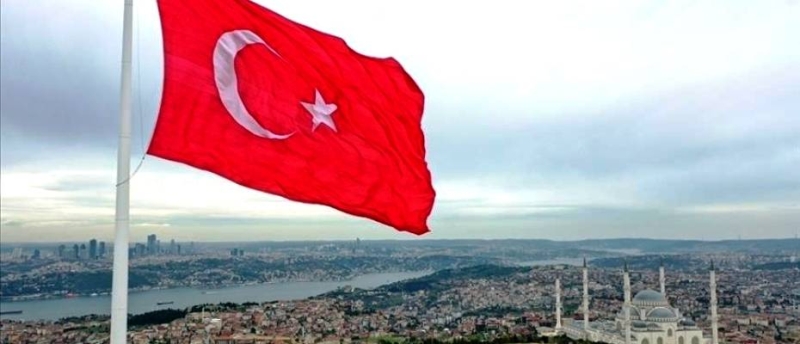The law introduces a new chapter into the Tax Code from 2025

At a meeting on Wednesday, the Federation Council approved a government amendment to the Tax Code of the Russian Federation on the introduction of a new chapter on the tourist tax. The Law introduces a new chapter on the tourist tax into the Tax Code from 2025. It is assumed that the tax will be put into effect and cease to operate in accordance with the regulatory legal acts of representative bodies of municipalities, and in cities of federal significance (Moscow, St. Petersburg and Sevastopol) – the laws of the subjects of the Russian Federation. The object of taxation is the provision of services for the provision of places for temporary residence in accommodation facilities owned by the taxpayer on the right of ownership or on another legal basis, located on the territory of a municipality (as well as on the territories of the federal cities of Moscow, St. Petersburg and Sevastopol, the federal territory of Sirius) and classified accommodation facilities included in the register.Tax payers will be organizations and individuals providing such services. The tax base is defined as the cost of the service, excluding the amounts of tax and VAT. The tax will not be levied when providing services to a number of categories of citizens, including, in particular, heroes of the Soviet Union and the Russian Federation, heroes of labor, participants and invalids of the Great Patriotic War, participants in a special military operation, veterans and invalids of military operations and others. Tax rates are set in amounts not exceeding 1% in 2025, 2% in 2026, 3% in 2027, 4% in 2028, and 5% of the tax base starting in 2029. Tax rates can be differentiated based on seasonality and (or) the category of the accommodation facility. The tax period for the tax is recognized as a quarter. This tax will be credited to the revenues of local budgets (urban settlements, municipal districts, urban districts).The Russian Union of Tourism Industry (PCT) believes that the introduction of a tourist tax in Russia will lead to an increase in the cost of hotel accommodation and, accordingly, reduce their accessibility for tourists, especially it will affect all-inclusive hotels with a large volume of services included, and sanatoriums. “The PCT expert community has repeatedly warned about the negative consequences for the industry that the introduction of a new tax will entail. In addition to the fact that this will complicate the work for existing market players, increase the fiscal burden on classified hotels and increase the share of the “gray” sector, it will also scare away potential investors, whom the industry is now trying to attract for the development of regions. The level of profitability of the business with this approach loses all appeal. The growing imbalance will lead to an increase in the cost of hotel accommodation for consumers, and therefore to a decrease in the availability of tourism for Russians. This is the case when the consequences will become negative for all participants in the process,” said PCT President Ilya Umansky. According to the association, after the recently implemented measures to support business in the form of preferential zero VAT for hotels and the extension of benefits to related services, large hoteliers do not see the logic in the rapid introduction of a new additional tax that minimizes the effect of previously taken measures. “Tax revenues will not be comparable with the current measures of state support for the tourism industry and carry the risks of increasing the cost of recreation and loss of profitability for some hotels,” the PCT emphasizes. PCT expert and head of the Zvezda Hotels company Lilia Bitkulova noted that tourist taxes are introduced at the stage of overloading territories to control excess tourist flow. It is too early to talk about this today and in many territories it still needs to be increased for the balanced development of domestic tourism. In addition, the expert is sure that such a tax can become burdensome for some categories of citizens, for example, large families. Alexey Musakin, Vice President of PCT and CEO of Cronwell Management, agrees with her. “Unlike the fixed resort fee that was charged to the tourist, in this version the tour tax is tied to the price of the product – the higher its price, the higher the tax. This will hurt the wallet of tourists with children and large families who go on vacation to hotels filled with services (entertainment and sports programs, children’s clubs, beauty and health centers, etc.). The more services are included in the package, the higher the tax amount will be. Resort hotels operating on an all-inclusive system will be the first to experience negative consequences, unlike, for example, urban hotels, whose services are limited to the Bed & Breakfast format,” he said. According to the expert, the second group that will be under attack will be sanatorium-resort facilities, which this year will become part of the classified accommodation facilities. They also provide guests with a wide range of wellness treatments and services that are included in the price of accommodation, which means that the tax will be higher here.

